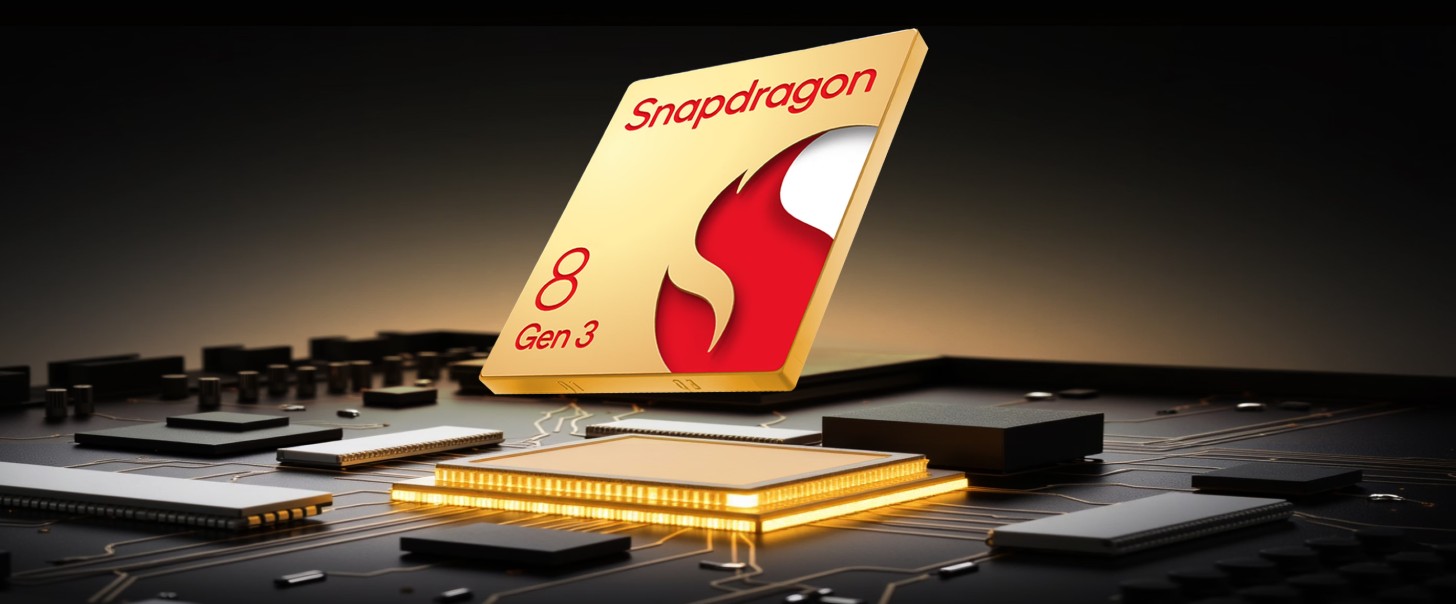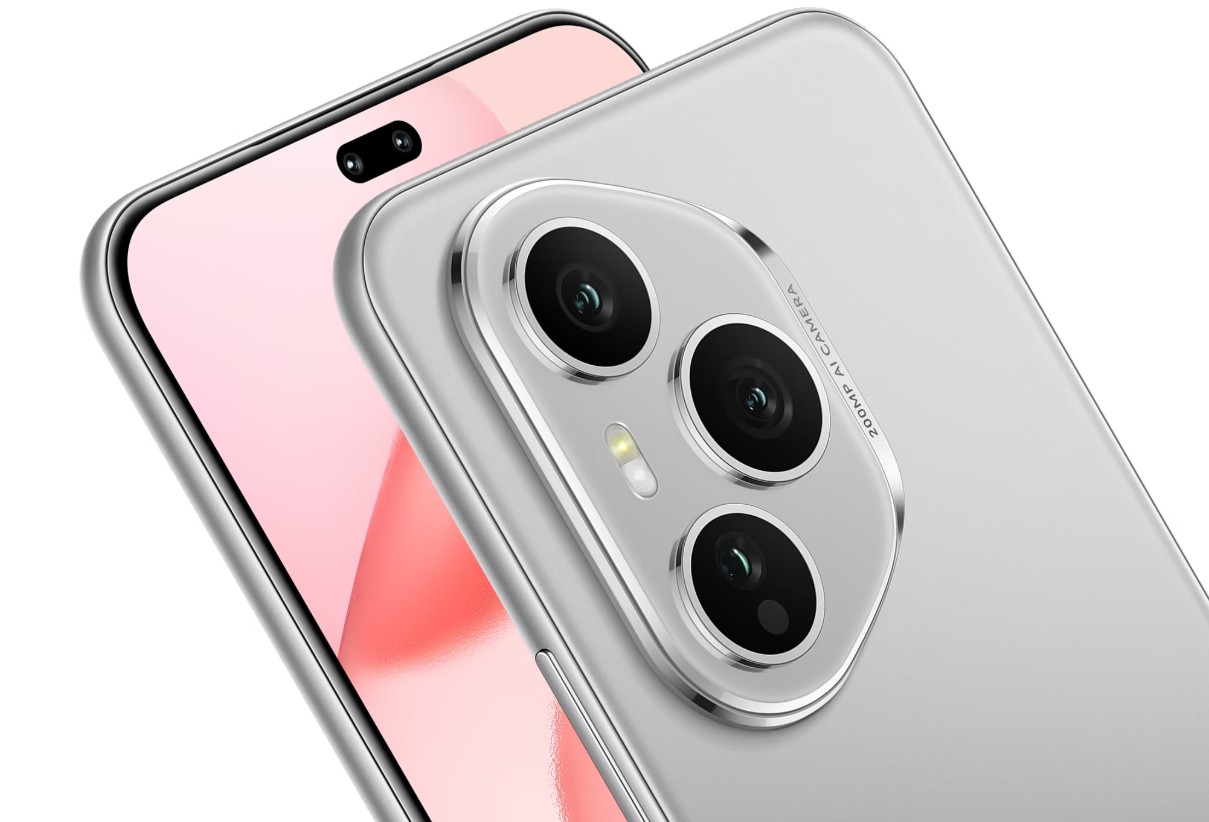How to Make Your Smartphone Run Faster in Minutes?
Smartphones are crucial in our daily lives, but they can lag with time, reducing your entire experience. Slow performance might be aggravating when you're trying to read messages, stream videos, or play games. Fortunately, there are simple and practical ways to increase your smartphone's speed in just a few minutes. You can restore normal operation to your phone by addressing both software and hardware concerns. Whether you're dealing with unwanted apps, obsolete software, or network issues, this tutorial will show you how to take action and speed up your smartphone without having to buy a new device.

Why Is Your Smartphone Slow?
Software Issues That Affect Speed
Software problems are one of the main causes of your smartphone's slowness. Apps build up cached data over time, using up system resources and storage space. Lag might also result from running too many background apps. Furthermore, because they might not be suited for current features, out-of-date operating systems or apps can have a detrimental effect on your phone's performance. Numerous software-related speed problems can be resolved by routinely deleting app data, upgrading apps, and making sure your operating system is up to date. This will enable your device to operate more effectively.
Hardware Limitations and Overuse
Another frequent cause of sluggish smartphone performance is hardware constraints. Modern apps, large media files, and rising processing needs may be too much for older devices to handle. The speed of your phone is directly influenced by its CPU, RAM, and storage space. Performance deteriorates when the hardware cannot manage the load. These problems can be made worse by overuse, such as running resource-intensive apps nonstop. Your gadget could no longer provide quick performance if the hardware is hacked or if it is out of date. These lags can be mitigated by upgrading your hardware or making better use of it.
Network and Connectivity Problems
A slow smartphone might also be caused by poor network connectivity. Apps and websites may load slowly due to sluggish Wi-Fi or cellular data rates, which might interfere with browsing and streaming. Long loading times for web pages or buffering during video conferences might be caused by a poor connection. Check your network connection frequently and, if you can, move to a faster Wi-Fi network to prevent these problems. Sometimes slow internet issues can be fixed by resetting your network settings or changing network-related settings, which will improve your phone's performance when online.
Quick Ways to Speed Up Your Smartphone
Clear Cache and Unused Files
Improving the speed of a smartphone can be achieved quickly by clearing the cache and unnecessary files. Caches are used by apps to store temporary data in order to speed up performance, but they can eventually fill up a lot of space and cause your device to lag. In a similar vein, over time, useless files—such as outdated pictures, movies, and documents—may collect. Removing these files enhances performance and frees up storage. To find and eliminate superfluous files, use a file manager or the phone's settings to clear the app cache. There can be a discernible speed difference with this easy task.
Disable or Uninstall Unnecessary Apps
Unnecessary background programs take vital system resources, resulting in poorer smartphone performance. Whether pre-installed or software you no longer use, they consume memory and computing power. Disabling or deleting these applications will free up storage space and improve the performance of your device. Android allows you to deactivate apps that cannot be completely deleted, giving you more choice in controlling your apps. Regularly evaluating and modifying your app list helps to keep your device working smoothly by decreasing clutter and eliminating useless apps that drain resources and slow down overall performance.
Update Your Operating System
Keeping your smartphone's operating system up to date is critical for ensuring peak performance. Bug fixes, security patches, and system performance improvements are frequently included in updates. An outdated operating system may be slower since it lacks changes intended to maximize your phone's operation. Check for software updates on a regular basis and install them as soon as they become available to guarantee optimal performance. Newer operating systems also have features that may increase the speed of your smartphone, so updating your phone guarantees you don't lose out on performance improvements.
Advanced Tips to Optimize Smartphone Speed
Factory Reset Your Device
If your smartphone is still functioning slowly after attempting basic fixes, a factory reset may be required. This process resets your phone to its default settings, eliminating any apps, data, or files that may be creating performance issues. A factory reset can dramatically increase speed, but it also erases everything on your device, so make sure to back up any vital data before proceeding. A fresh start can clear off years of accumulated clutter, restoring your phone's speed. It's an extreme measure, but it can work wonders on a slow gadget.
Turn Off Background Apps and Animations
Background apps and system animations can consume system resources, slowing down your phone. Many apps continue to operate in the background even when you are not using them, using RAM and CPU resources. Disabling background processes for non-essential apps can free up resources and improve speed. Furthermore, minimizing or eliminating animations in the system settings—which is simple to do on the HONOR 400 Pro mobile phone—can help your device run faster. These adjustments lessen the pressure on your phone's hardware, making it run faster and more efficiently. Adjusting these parameters is a straightforward approach to increasing speed without requiring sophisticated solutions.

Use Lighter Versions of Apps
Many popular programs, including Facebook, Messenger, and Instagram, have lightweight versions that use less storage and resources. These "lite" versions need fewer system resources and are more efficient, resulting in speedier performance. Installing lighter versions of your favorite apps can significantly improve your phone's speed, especially if you're running numerous apps at once. These apps may have fewer features, but they preserve fundamental functionality and are ideal for users who want to improve their phone's speed while still enjoying the apps they rely on.
Conclusion
Making your smartphone run faster does not require a technical background; simple steps can result in considerable speed improvements. You may quickly restore your phone's speed by cleaning cache, deleting unused apps, and updating your operating system. For more sophisticated users, a factory reset or changes to background programs and system animations can greatly improve device performance. Remember that your smartphone's performance is determined by both software and hardware, so balancing all components ensures a smooth, fast experience. With this advice, your phone will function faster and more efficiently, allowing you to get the most out of your device.
